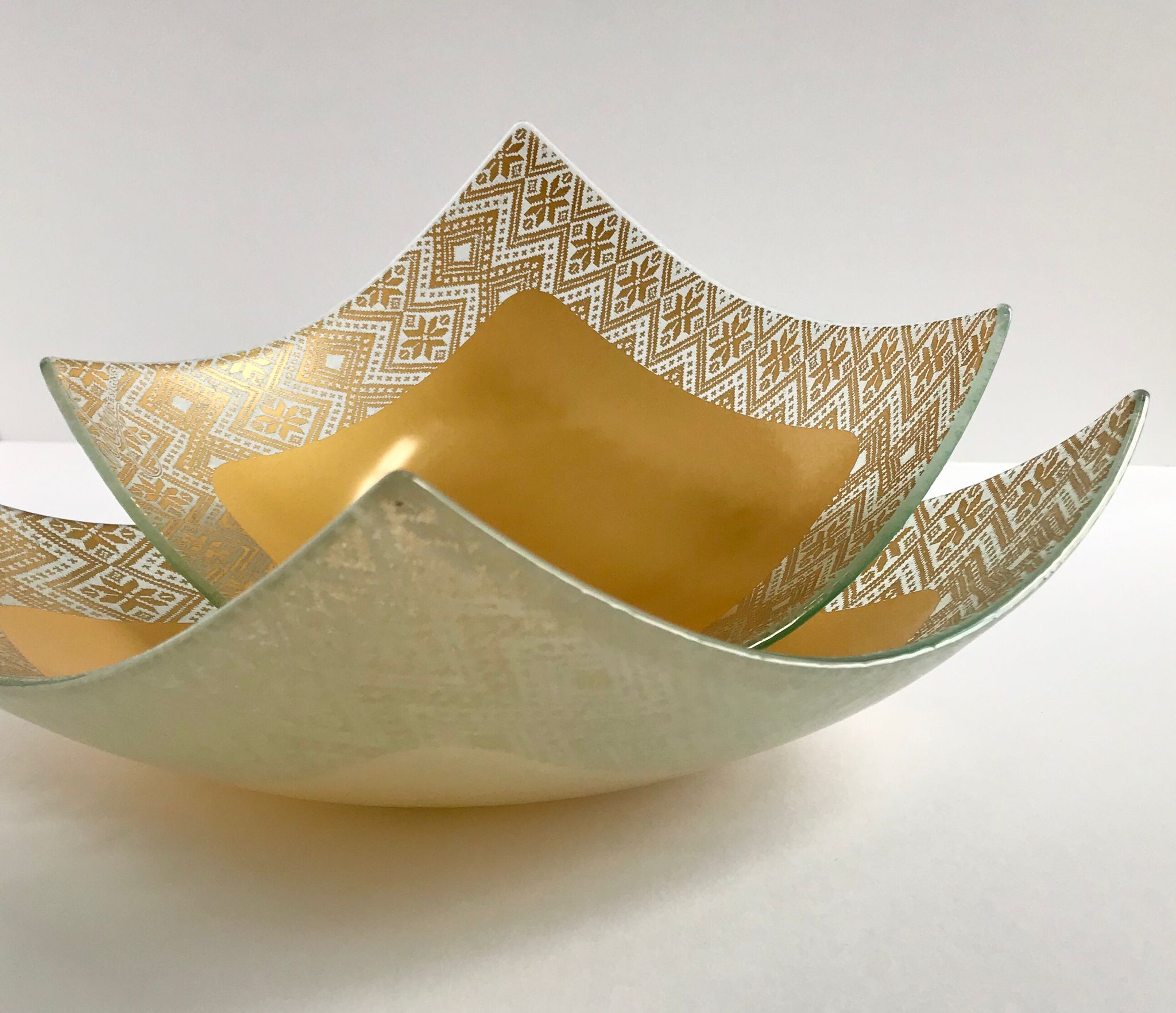Story and Photography by: James Jeffery for Post Magazine
It’s a weird place, really, says one foreign diplomat of the tiny, strategically located republic on the Horn of Africa that’s made itself a global player with help of Chinese investment without losing its soul. (Above) The “European quarter” in Djibouti City.
Not that long ago, Djibouti was known for little more than French legionnaires, atrocious heat and being at the other end of a railway line to Addis Ababa, in Ethiopia. English novelist Evelyn Waugh was appalled by its “intolerable desolation”, declaring it a “country of dust and boulders, utterly devoid of any sign of life”.
Nowadays, however, this tiny republic of about 900,000 people on the Horn of Africa has grand plans to establish itself on the global stage. And international powers are increasingly interested in what it has to offer: “an oasis in a bad neighbourhood”, as one foreign ambassador puts it.
Since gaining independence from France, in 1977, Djibouti has carved out a regional role by virtue of its strategic and commercial relevance. At the junction of Africa and the Middle East, and at the confluence of the Red Sea and the Gulf of Aden, Djibouti overlooks waters used by 30 per cent of the shipping that passes through the Suez Canal.

Chinese investment totalling more than US$12 billion is funding the building of six ports, two airports, a railway and what is being touted as the biggest and most dynamic free-trade zone in Africa. Enthusiastic officials talk of the capital, Djibouti City, becoming an African Dubai.
All aboard for Africa’s heartland – on a train built in China
Overseas powers view Djibouti as some of the most valuable military real estate in the world, necessary to both counter the piracy threatening that key shipping lane and to shore up regional stability. Foreign military personnel already stationed in Djibouti – including those from the United States, France, Germany, the Netherlands, Spain and Japan – number about 25,000. China’s first overseas military base will house a further 10,000 military personnel.
But beyond the barracks, construction cranes and new flashy hotels, a very different Djibouti survives.
A ferry from the capital sails across the Gulf of Tadjoura to the small town of Obock. Passengers sit on the open deck, above a handful of cars and boxes of cargo crammed in tight, whiling away the two-hour journey by vigorously fanning themselves, sipping Ethiopian coffee freshly brewed over a coal brazier and perching on the forward raised walkways to enjoy the breeze and the views over the water towards the distant Goda Mountains.

In 1862, the Afar sultans sold their land to the French, and construction of Obock began. But it was soon eclipsed by Djibouti City and little remains to suggest that Obock, with its dusty streets and small fishing industry, was once the country’s capital.
To read the full article visit Post Magazine.









